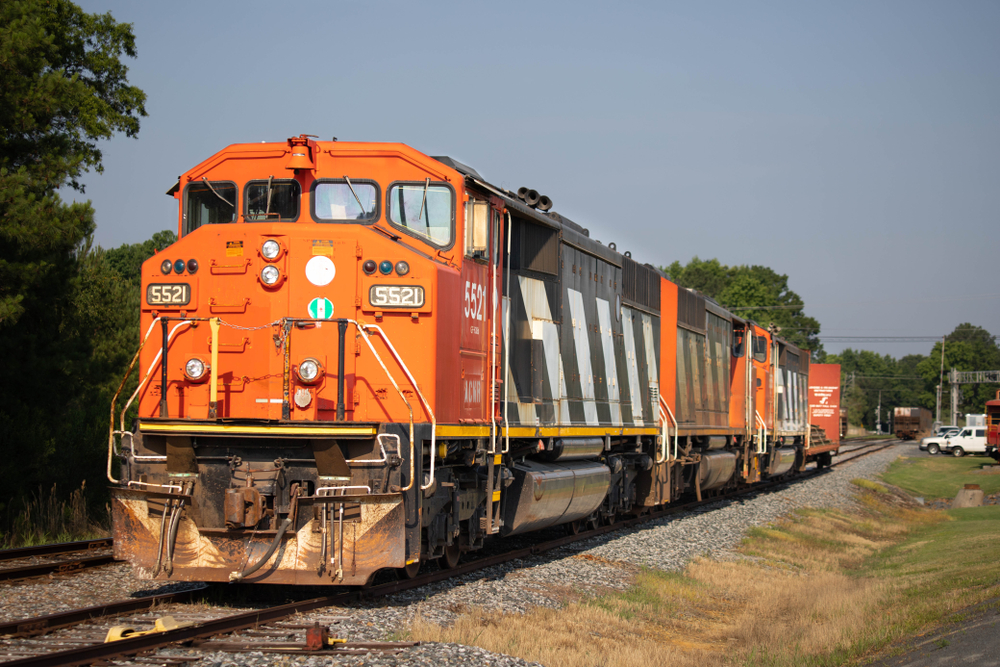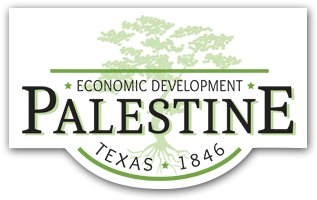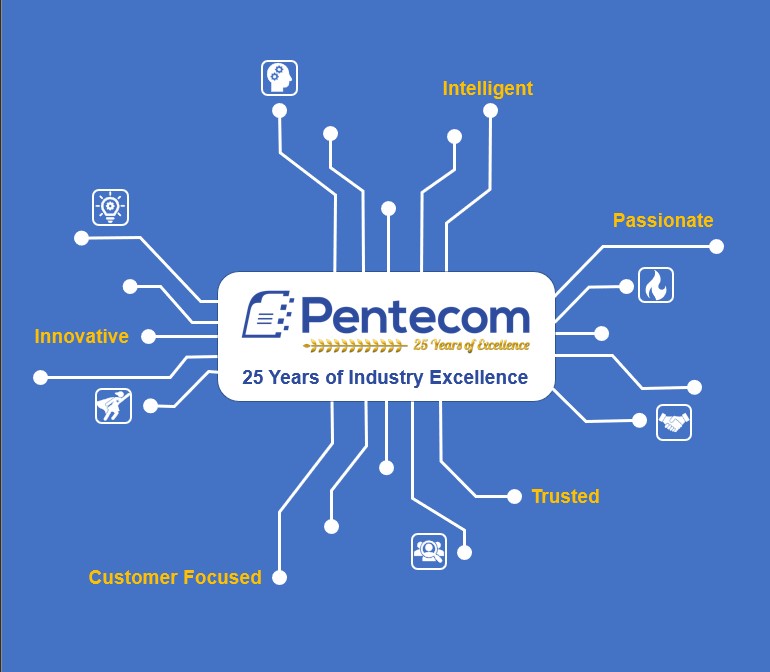Freight Rail Drives Robust Texas Economy, Supporting Over 294,000 Jobs Annually

12 May 2023
News
Texas has the second-largest economy in the United States and the ninth-largest economy in the world. Comparing Gross Domestic Products (GDPs), the top of the list would include eight sovereign nations and then the state of Texas. To put that in perspective, the economy of Texas is more robust than those of Canada, South Korea, and Brazil.
Integral to the state’s thriving economy is the transport and distribution of freight to state and global markets, including raw materials and intermediate and final goods. Demand to move goods to market has driven the development of a highly capable and extensive transportation system that relies heavily on rail.
According to TxDOT, 49 railroad operators move freight in Texas, including three of the nation’s largest Class I rail companies.
Freight rail supports the producers and consumers that play a vital role in the Texas economy while also being a leading economic sector itself. The rippling economic effects of the freight rail sector include direct employment, indirect impacts arising from spending by the industry, and induced impacts generated by rail industry employee spending.
Freight Rail is Efficient
Freight rail is a remarkably efficient way to transport cargo, as a 100-car train unit can carry about 10,000 tons of goods, the same amount as 385 semi-trailer trucks. Rail is especially critical for intermodal containers moving from Texas ports and high-value goods moving long distances. Rail is well-suited for the logistics of liquid and dry bulk goods.
Through its ports and location at the national crossroads of rail, Texas enjoys access to the world. International companies can take advantage of approximately 31 ports of entry and 34 Foreign Trade Zones.
The state’s transportation network continues to strengthen because Texas invests in its infrastructure. In 2022, Site Selection Magazine named Texas the #1 state on its Global Groundwork Index, recognizing its alignment of infrastructure projects and corporate investment for the future. Additionally, the Bipartisan Infrastructure Law budgets $66 million for passenger and freight rail improvements nationwide.
Texas Freight Rail by the Numbers
Texas is first in the nation for miles of freight rail tracks:10,539. It has three Class I railroads and 55 Class III or shortline railroads. Annually, freight rail moves about 325 million tons worth $405 billion, including 6 million tons worth $7 billion in cross-border trade at active rail border crossings in El Paso, Eagle Pass, Laredo, and Brownsville. Another 132 million freight tons and $369 billion in freight value passed through Texas. The largest share of tonnage is inbound, while the largest share of value is passthrough.
According to TxDOT, freight rail supports 122,800 jobs, $8.7 billion in labor income, $13.6 billion in Gross State Product, and $2.5 billion in state and local tax. The impact is even more remarkable when you add in the freight-producing and consuming industries in Texas that freight rail supports: 294,000 jobs, $28.3 billion in personal income, $83.6 billion in Gross State Product, and $2.5 billion in state tax revenue.
Freight Rail in Palestine, TX
Since 1872, Palestine, TX, has been a train town. Today, Union Pacific Railroad (UP) switches and moves cargo through Palestine with an intersection of north/south and east/west lines and direct access to the Port of Houston. UP operates a Railroad Car Shop, Claims Services, and Signal & Maintenance out of Palestine, which altogether employ around 60. The Palestine Car Shop is one of only two car shops on the Union Pacific Railroad that perform heavy modifications and repairs to freight cars.
The Texas State Railroad (TSR) currently provides freight service to Verdant Specialty Solutions, in addition to managing a transloading facility in the community of Rusk, TX. The revenue earned from freight-based services helps to fund the passenger rail service that the TSR is well-known for.
Palestine Economic Development Corporation
Palestine Economic Development Corporation’s mission is to promote and facilitate responsible commercial and industrial business retention and growth that expands, diversifies, and strengthens the local tax base while enhancing local amenities and destination attractions throughout the City of Palestine.
To learn more about incentives, opportunities, and available sites in the Willow Creek Business Park, contact the PEDC at 903-729-4100 or by email. We are prepared for growth and ready to provide immediate and customized assistance. Please explore our available properties.
Follow us on Facebook, LinkedIn, YouTube, and Twitter.
More Topics

Palestine Independent School District Both Prepares Our Workforce and Offers Top Careers
Apr 24 2023

.png)